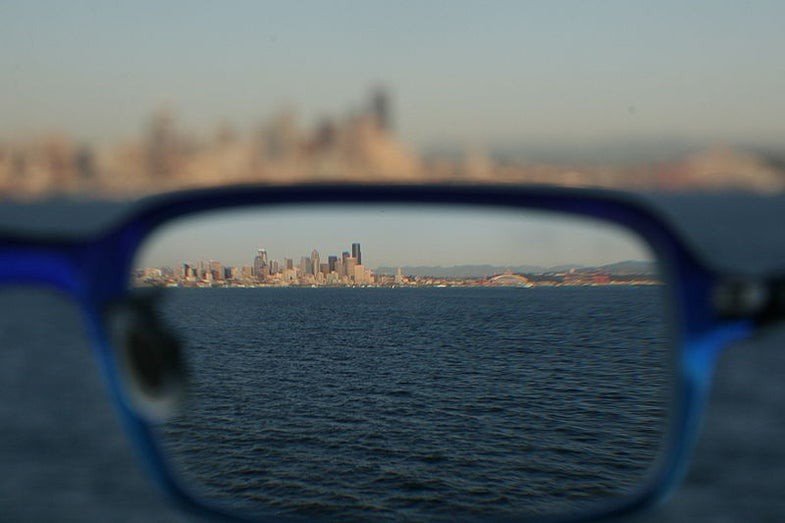Can Contact Lenses Slow Down Nearsightedness?
Some people experience nearsightedness starting at an early age and get worse as they age.
Nearsighted people are also at risk of developing other eye problems later in life. Nearsightedness is a
visual condition wherein objects at a near distance can be seen clearly, but objects that are at a far
distance appears blurry.
This is caused by the eye shape in which the eye grows too long from front to back which leads to light rays
bending in the incorrect manner which wrongly focuses the image in front of the retina instead of on the
retina. The retina is the tissue located at the back of the eye which is light-sensitive.
Again, an image must be focused on the retina. Not in front of it. And because of this, it leads to
nearsightedness. In order for them to clearly see objects at a distance, they are recommended to wear
eyeglasses or contact lenses. Still, torn between choosing eyeglasses or contact lenses? Then this article
might give you some insight into your choices.
Contact lenses have a probability that they might slow down the progression of nearsightedness among
children. Single-vision contact lenses focus light back on the retina and it also focuses some light behind
the retina. How about multifocal contact lenses? These kinds of contact lenses have their center part focusing
light on the retina and its outer part focuses light in front of the retina. Again, it focuses light both on the
retina and in front of the retina.
A study focused on disease progression in children experiencing nearsightedness. Some wore single-
vision contact lenses while some wore multifocal contact lenses. Children using the multifocal contact
lenses have been observed to have a slow progression of nearsightedness compared to the children
wearing the single-vision by about 43% over a span of 3 years according to the researchers.

Curious about these multifocal contact lenses?
Here at Accent Eye Care, we provide Multifocal and Bifocal Contact Lenses. We also got Toric Contact
Lenses for Astigmatism. Contact us now and help let us assist you.










 powerhousegroup.net
powerhousegroup.net